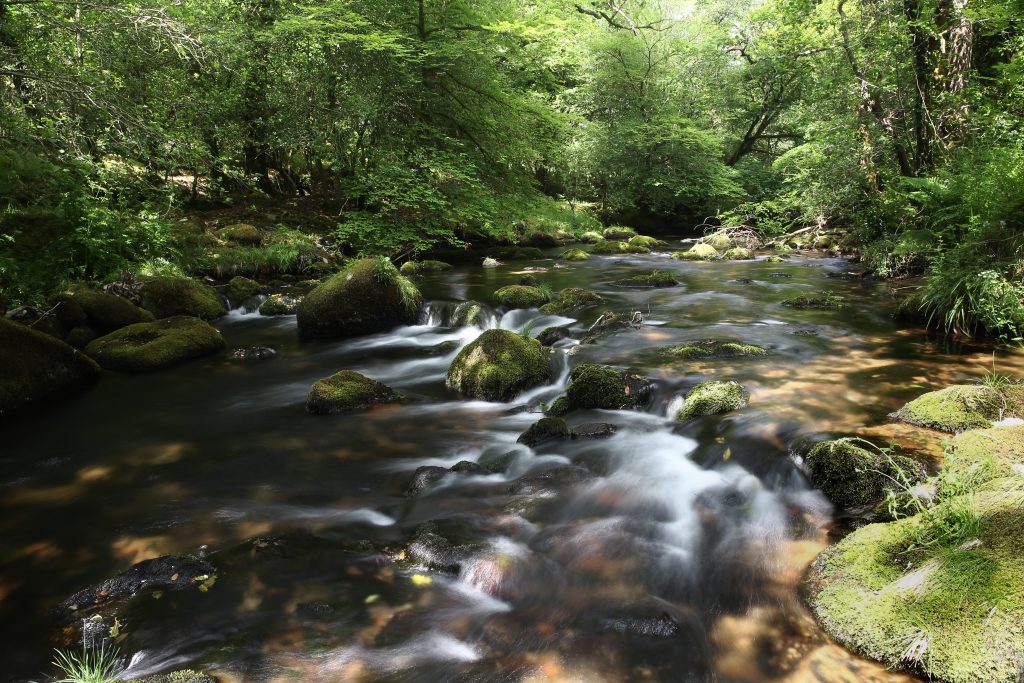I don’t need convincing about how important water is. Recently, I was lucky enough to spend a week diving in the Azores where I spent more time under the water than I did above. As a former geology student, being able to visit this archipelago on the Mid-Atlantic Ridge was a dream come true. Apart from feeling exhilarated after seeing whales, dolphins and devil rays, my resolve to continue to improve our water environment strengthened.
My specific area of focus is rivers – which provide so many services to people, business and nature. But our rivers are up against real threats. Abstraction, pollution and unsustainable management are just some of them.

The power of partnerships
For rivers to be healthy and continue to provide the services we all rely on, they need to be managed in partnership – different players and sectors coming together, agreeing a shared aim that works for the environment, and delivering joint action.
Through our WaterLIFE project, we’ve learnt about what’s needed to make these partnerships successful: A clear agreed objective; a rationale for each partner to engage; the ability to work at a geographical scale that makes sense to each partner; a fair and consistent starting point; and ‘rules of engagement’ to ensure all partners work constructively. You may be interested in reading this short report, exploring how partnerships can achieve success.
Arguably, with the uncertainly that the EU referendum result has created, the commitment of different sectors and groups acting in the interest of the environment is more important than ever.
A declaration
To guide, strengthen and help generate more momentum for such partnerships we have created the WaterLIFE declaration. Its premise is simple – three guiding principles that we are asking organisations and groups working in the water environment, or with a connection to it, to sign up to. These principles are:
Partnership: Support and investment in the Catchment Based Approach, recognising catchment partnerships are an essential basis for collaborative action and impact at all scales.
Equity: Through its new abstraction and agricultural policies, the government must create a level playing field and ensure environmental protection across England and Wales.
Collaboration: All sectors working together openly, honestly and without blame, to develop shared, evidence-based and deliverable solutions.
If these sound like principles you agree with, then please sign on to our declaration.
A hot topic
Partnerships have certainly been a hot topic at this year’s World Water Week in Stockholm, where I’ve been all week. I spoke to a group of representatives from businesses and NGOs about the work we’re doing here in the UK. As part of WaterLIFE, we’re working in partnership with business, NGOs and farmers, to implement water sensitive farming in East Anglia and reduce the pollution harming the region’s rivers.
Blog by Kathy Hughes, Freshwater Project Manager, WWF-UK

